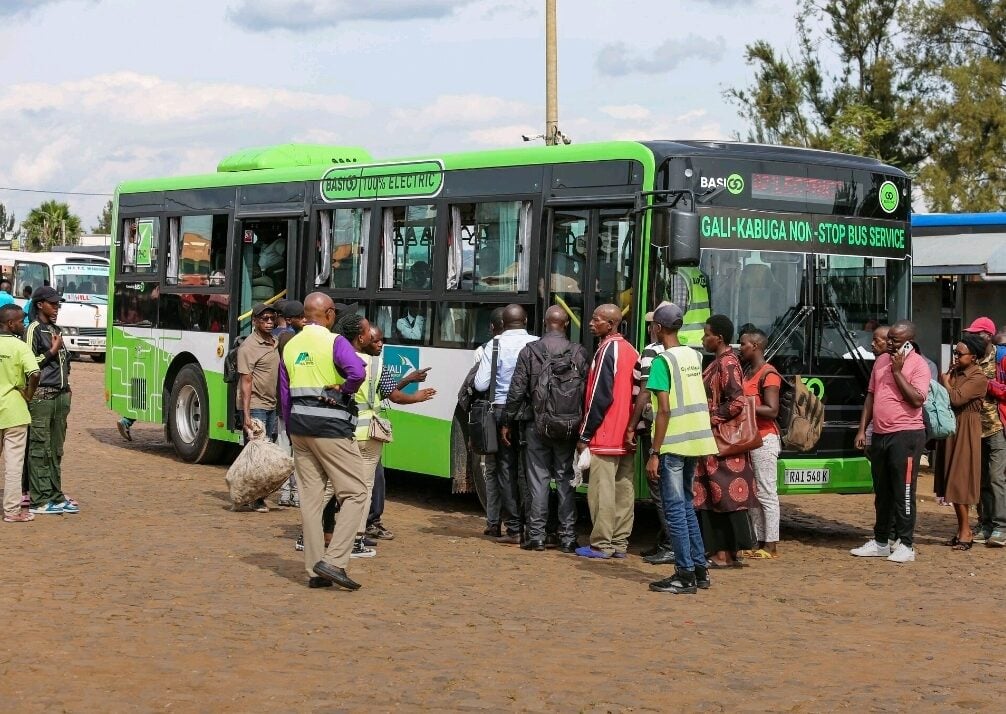A newly enacted piece of Kenyan legislation confirms tax exemptions to boost e-mobility uptake will remain in place, while a recent report has highlighted the potential in the second-life EV battery market in the nation.
Yesterday (1 July), Kenya’s Parliament implemented its Finance Bill 2025, which will secure tax benefits for e-mobility solutions. The legislation, which is wide-ranging and also covers taxes on raw materials, solar energy generation equipment, and many other goods, has designated electric bicycles and electric buses as exempt from Value Added Tax (VAT).
Although both these products were previously taxed at a 0% rate for VAT, the new Exempt designation means that businesses selling these items will not be eligible to claim back any VAT on their purchases of these supplies. Notably, the bill has also included provisions to extend taxation to solar and wind energy generation equipment, moving these products from an exempt status to a 16% rate of VAT.
Kenya has been gradually working to embrace e-mobility solutions in recent years, and Kenyan Minister of Trade, Rebecca Miano, announced last year that the nation aims to fully electrify its bus fleet by 2027. Much of the move to electric buses is being led by Nairobi-based firm BasiGo, which currently operates 35 electric buses in Nairobi and has stated that it plans to have 1,000 electric buses in operation across Kenya and Rwanda within the next three years. In October of last year, BasiGo secured a KES5.43 billion (£30.5 million) investment from British International Investment (BII) and the U.S. Development Finance Corporation (DFC) to help achieve this goal.
According to the Africa Policy Research Institute (APRI), annual sales of EVs in Kenya have been on a rapid upward trajectory in recent years, rising from just 65 sales in 2018 to 4,047 in 2023; EV sales in Kenya are predicted to make up 5% of all the nation’s vehicle sales by the end of this year (2025).
Strong potential for second-life EV batteries in Kenya
A report published by the Africa E-Mobility Alliance (AfEMA), the Kenya E-Mobility Battery Initiative (KeEBI) and supported by the ClimateWorks Foundation, has noted that there is a growing need to plan and handle end-of-life EV batteries across Kenya. The analysis, which is titled Charging up for growth: Kenya’s Second-Life EV Battery Market, points out that Kenya’s growing EV sector and well-established technology and startup markets provide an ideal scenario for Kenya to develop battery recycling and reuse programmes.
Kenya’s EV sector has experienced immense growth, achieving an 86% compound annual growth rate between 2020 and 2024. The vast majority of EVs in Kenya are motorcycles, with 4862 of the nation’s 5,924 registered EVs (as of 31 December 2024) being motorcycles.
The report recommends that strong commercial pathways be established to repurpose end-of-life EV batteries into stationary battery energy storage systems (BESS), noting that this purpose lends itself particularly well to Kenya’s energy landscape, with 90% of Kenya’s electricity coming from renewable sources.
A number of purposes and use cases have been recommended for BESS assets made up of end-of-life EV batteries, including the establishment of microgrids, emergency support for schools and hospitals, as well as BESS-supported EV charging facilities.
Analysis recommends that repurposing is prioritised for end-of-life batteries over recycling programmes, although it also notes that projected shortfalls in global lithium, nickel, and cobalt supply by 2035 will make the battery recycling sector for the nation increasingly profitable by this time.






